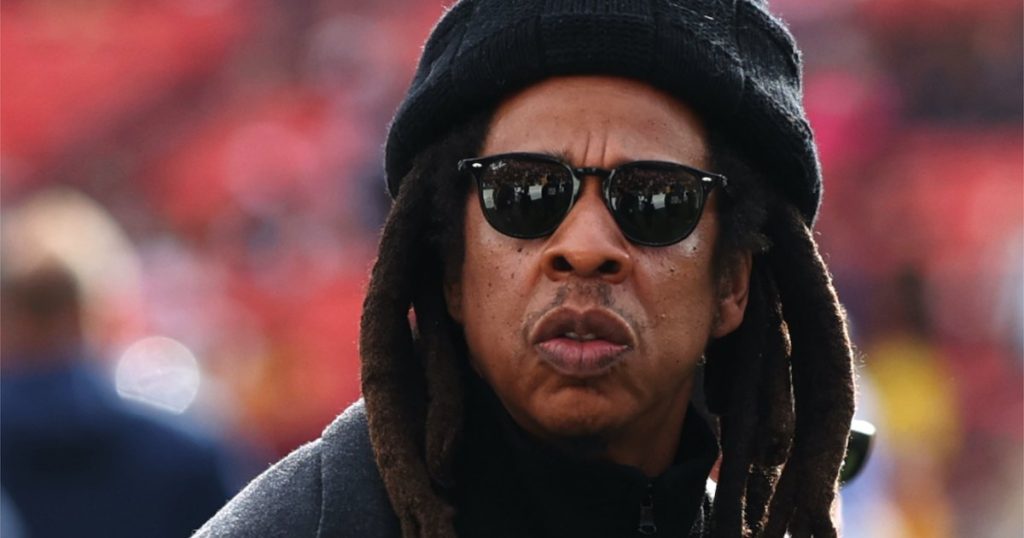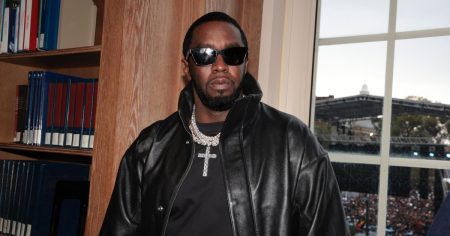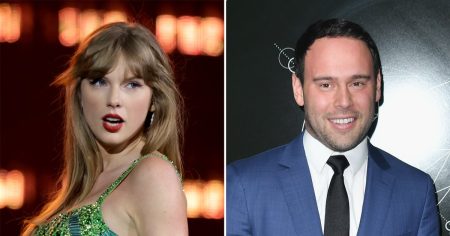The story revolves around a woman, identified as Jane Doe in legal documents, who has accused Jay-Z (Shawn Carter) of raping her when she was 13 years old. She alleges the incident occurred at an MTV Video Music Awards afterparty in 2000, where she claims to have been drugged and then assaulted by Jay-Z while Sean “Diddy” Combs and another female celebrity were present. Doe asserts that Diddy threw her on a bed and Jay-Z held her down and covered her mouth while he raped her. She has chosen to come forward with her story now, emphasizing the importance of advocating for oneself and being a voice for victims of sexual assault, hoping to empower others to do the same. Doe’s public statement expresses her determination not to let the alleged assault define or ruin her life.
However, the case is fraught with inconsistencies and contradictions. Doe’s initial lawsuit, filed in November 2023, named only Diddy as a defendant. It was later amended in December 2023 to include Jay-Z. The lawsuit describes a scenario where Doe was invited to the afterparty by a driver claiming to work for Diddy. After allegedly being drugged, she sought an empty room to rest, where the alleged assault took place. Following the incident, Doe claims to have gone to a gas station and called her father to pick her up.
Both Jay-Z and Diddy vehemently deny the allegations. Jay-Z, in a statement, challenged Doe to file a criminal complaint rather than a civil one, emphasizing the seriousness of the accusations and the need for proper justice if the claims were true. He questioned why someone wouldn’t pursue criminal charges for such a heinous crime against a minor. This stance adds another layer of complexity to the situation, raising questions about the motivation behind the civil suit.
A significant point of contention arises from Doe’s father’s statement to NBC News. He claims not to recall picking his daughter up from a gas station five hours away from their home on the night of the alleged incident. This contradicts a key element of Doe’s account. Doe attempts to explain this discrepancy by stating that her father often forgets events from that time period, leading to arguments between them. This explanation, however, does not fully address the significant difference between forgetting a minor detail and forgetting a five-hour round trip to pick up a distressed daughter.
Further inconsistencies emerge in Doe’s recollection of other individuals present at the party. She initially claimed to have spoken with Joel and Benji Madden of the band Good Charlotte, but the band members confirmed they were on tour at the time and did not attend the afterparty. Doe later conceded that her memory of other faces at the event was less clear and that she might have made a mistake in identifying the Maddens. The uncertainty surrounding the location of the alleged assault also contributes to the discrepancies. Doe’s legal team is reportedly still working to confirm the address of the house where the incident allegedly occurred.
The fact that Doe waited so long to come forward with her allegations adds another dimension to the case. She explained her silence by expressing doubts that anyone would believe her account against the word of two prominent celebrities. This delay, however, also makes it more challenging to gather evidence and corroborate her story. The passage of time can blur memories and make it difficult to verify details, particularly in a case involving high-profile individuals.
The conflicting accounts, memory lapses, and the long delay in reporting the alleged assault create a complex and ambiguous picture. While Doe maintains her allegations, the inconsistencies and lack of corroborating evidence raise serious questions about the veracity of her claims. The case highlights the challenges inherent in such accusations, particularly when they involve high-profile figures and occur many years after the alleged incident. The legal process will need to carefully examine the available evidence and testimony to determine the truth of the matter.
The intense scrutiny surrounding the case underscores the sensitive nature of sexual assault allegations and the importance of due process. It also highlights the potential damage to reputations, even in the absence of definitive proof. The case raises broader questions about the dynamics of power, celebrity, and the challenges faced by individuals who come forward with accusations against influential figures. It remains to be seen how the legal proceedings will unfold and whether the truth of the matter will ultimately be revealed.










